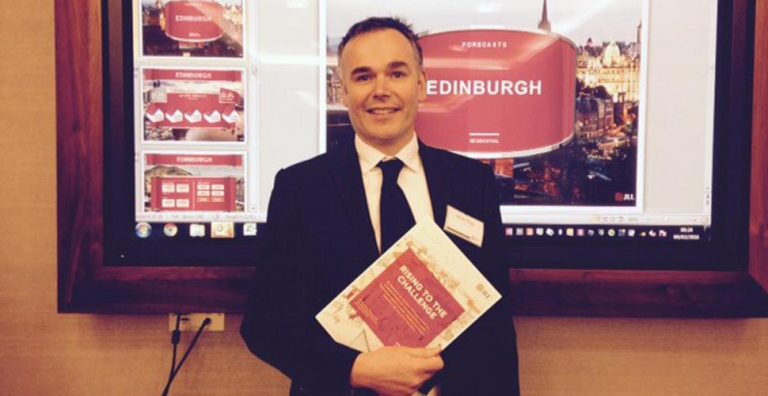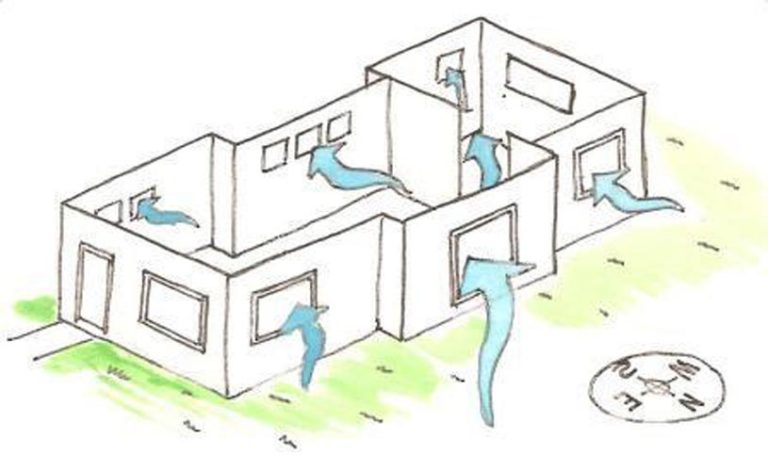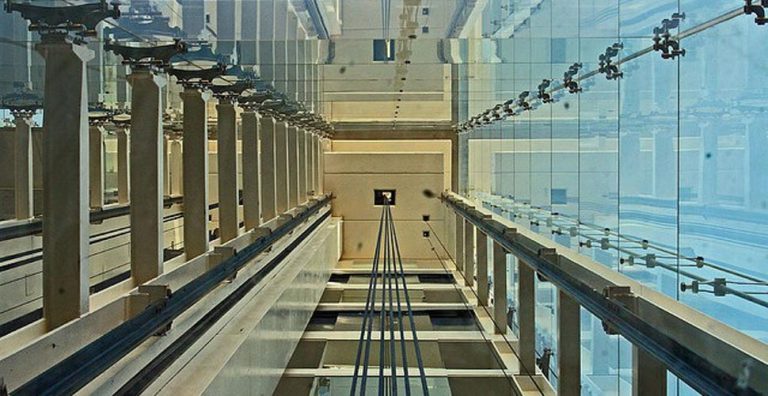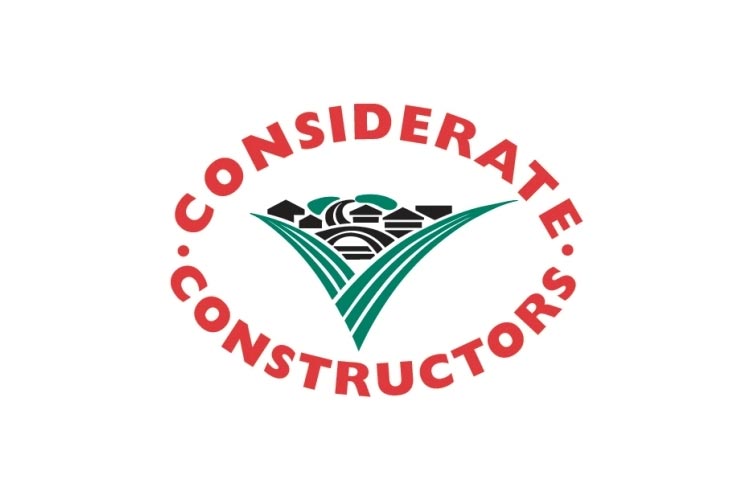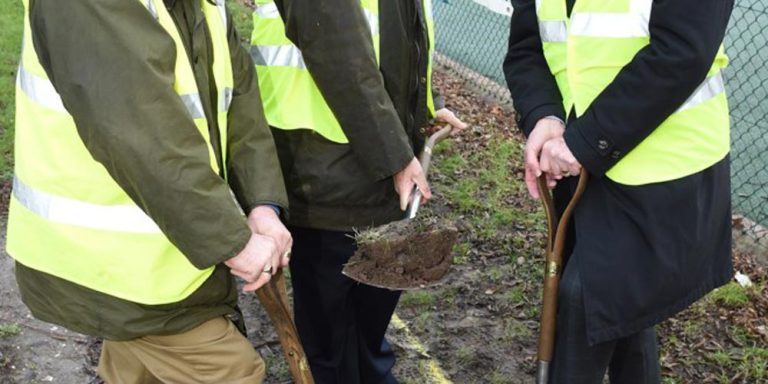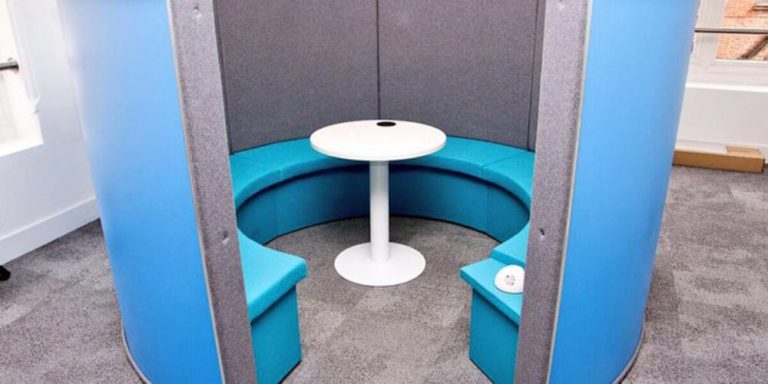Scotland faces an ‘enormous challenge’ to build the homes needed for a growing population, according to new research from the UK’s leading property consultancy, JLL. In a new report – Rising to the Challenge – JLL warns that Scotland is not building enough homes to meet either current demand or the Scottish Government’s current recommended targets for homes, with latest figures suggesting development volumes are plateauing at best. The report was launched by JLL at seminars at its Edinburgh and Glasgow offices. In the year to Q2 2015, a total of 15,260 homes were completed, well short of both the five-year average to 2007/8 of 21,170 homes a year, and even further behind the Government’s current recommended target of 36,000 homes a year. The number of households in Scotland is forecast to rise by approximately 74,000 in the five years to 2020, with 15,100 in Edinburgh and a further 10,400 in Glasgow. Even accounting for the Scottish Government’s latest £195M funding stimulus, JLL believes that the forecast increase in households over the next five years will create demand that far outstrips the supply of additional housing. Looking ahead, JLL believes that development activity will begin to rise, albeit modestly, but this will lead to even greater competition and pressure between demand and available supply in both the sales and the lettings markets in Edinburgh and Glasgow. JLL also predicts that the next few years will finally see the embryonic start of Build to Rent or Private Rented Community (PRC) development in Scotland’s key cities. Jason Hogg, Director of JLL’s Residential team in Scotland, said: “2016 will be a year of challenging questions rather than unbridled forward momentum. And there are several questions on a variety of residential issues which need addressing. “The greatest challenge is how the housebuilding industry and the Scottish Government will move towards building the greater volume of homes the country needs. Development activity is better than three to four years ago but still nowhere near the 23,000 homes a year target. The Scottish Government is allocating funds to assist, but we believe closer collaboration with the industry, more innovative and more directly beneficial initiatives as well as higher funding need to be considered if the housing shortfall is to be addressed. “2016 will also bring into play legislation that will rebalance the private landlord and tenant relationships. However, we will have to wait and see whether there are any wider market implications or whether any local authorities will use their rent cap powers.” Edinburgh house prices set for continued growth as supply remains sparse In Edinburgh, the city centre residential sales market is buoyant with demand outstripping available supply. On average, sales prices in the city increased by 3.5% during 2015, continuing a trend of strong growth. This is expected to increase by 22.2% in the five years to 2020. Rental prices, meanwhile, have increased by 6.3% on average and are forecast to rise by 22.8% by 2020. With a growing population, Edinburgh city centre’s development pipeline is sparse. PRC developments are gaining traction, with strong demand but accommodation of this type is not being delivered at the same pace as other tenures. With the city centre land supply constrained, peripheral locations with good transport links such as Leith and West Edinburgh are likely to become more attractive. Glasgow house prices set to rise alongside increase in new development schemes In Glasgow, prices have increased by an average of 4.1% in 2015 with rental values increasing by 5.6%. By 2020 it is anticipated house prices will have increased by 19.3% while rental growth is forecast at 19.9%. Like its capital counterpart, lack of housing continues to be a feature of the Glasgow residential market. However, development activity has increased with a number of key schemes set to be progressed in 2016. This includes the former NS&I and Cowglen Hospital site, which will provide in excess of 500 homes, the Candleriggs scheme in Merchant City and the proposed redevelopment of Jordanhill Campus. This year is also expected to bring further discussion around PRC schemes in the city. Jason Hogg, Director of JLL’s Residential team in Scotland, added: “With some PRC schemes set to get underway in Edinburgh and Glasgow, and with more sites being considered for the private rented model, the shift in development bias towards PRC rather than private sale will be an interesting change to monitor. “The development and private sale markets in Scotland’s larger cities will also have to adapt to the less favourable private investor environment following tax relief and LBTT changes.” The full report – Rising to the Challenge – is available at http://residential.jll.co.uk/new-residential-thinking-home/research/scotland-residential-forecast-february-2016.aspx




